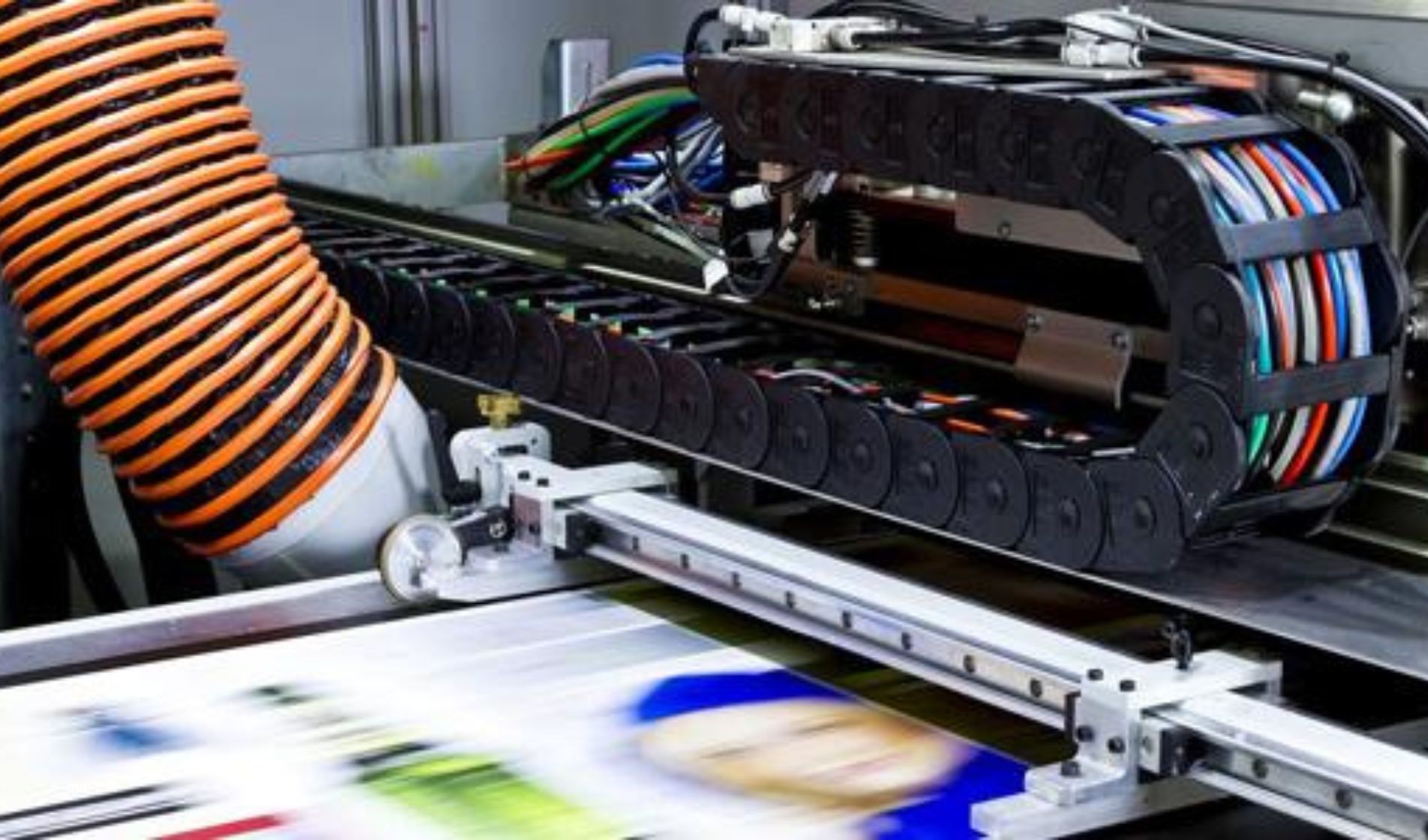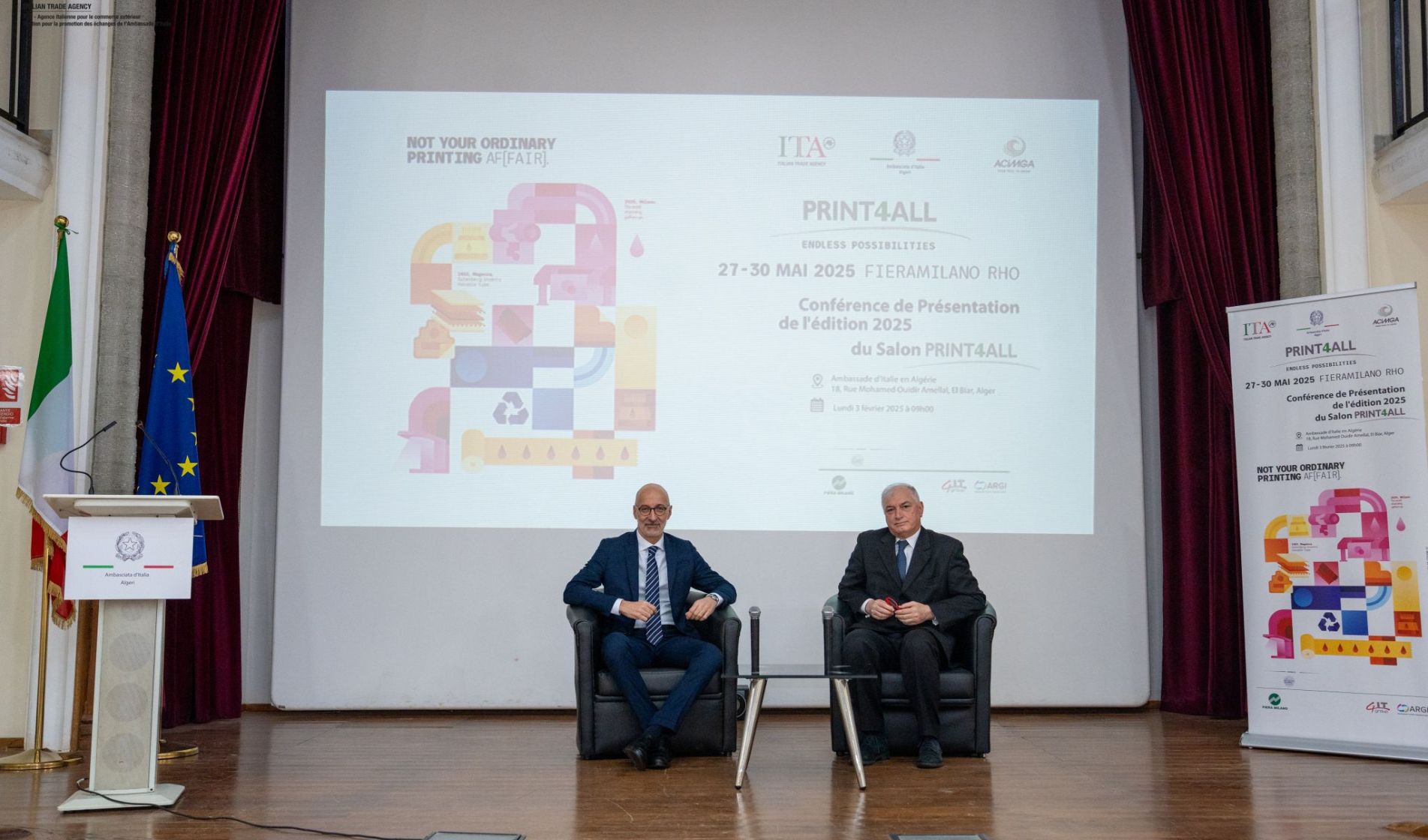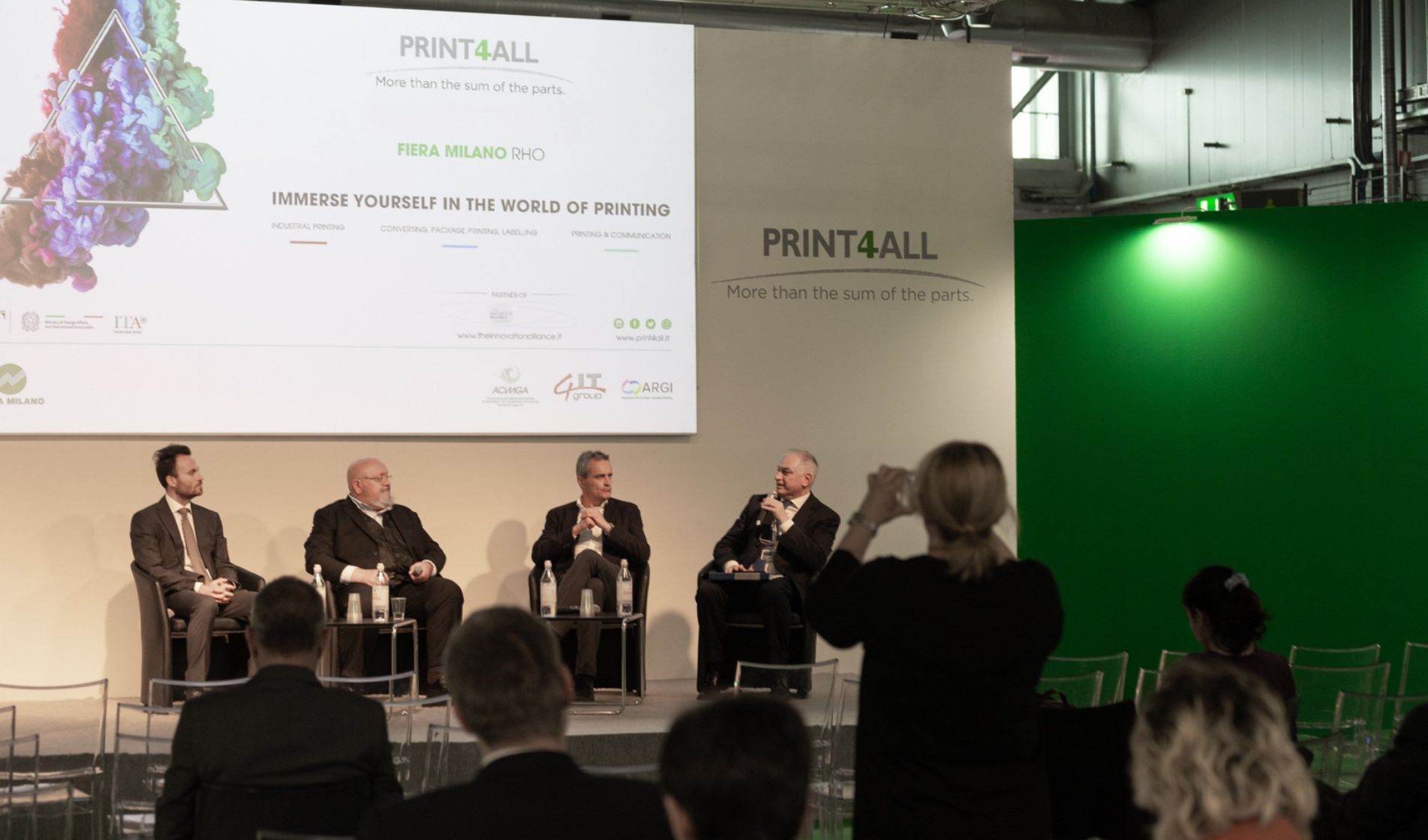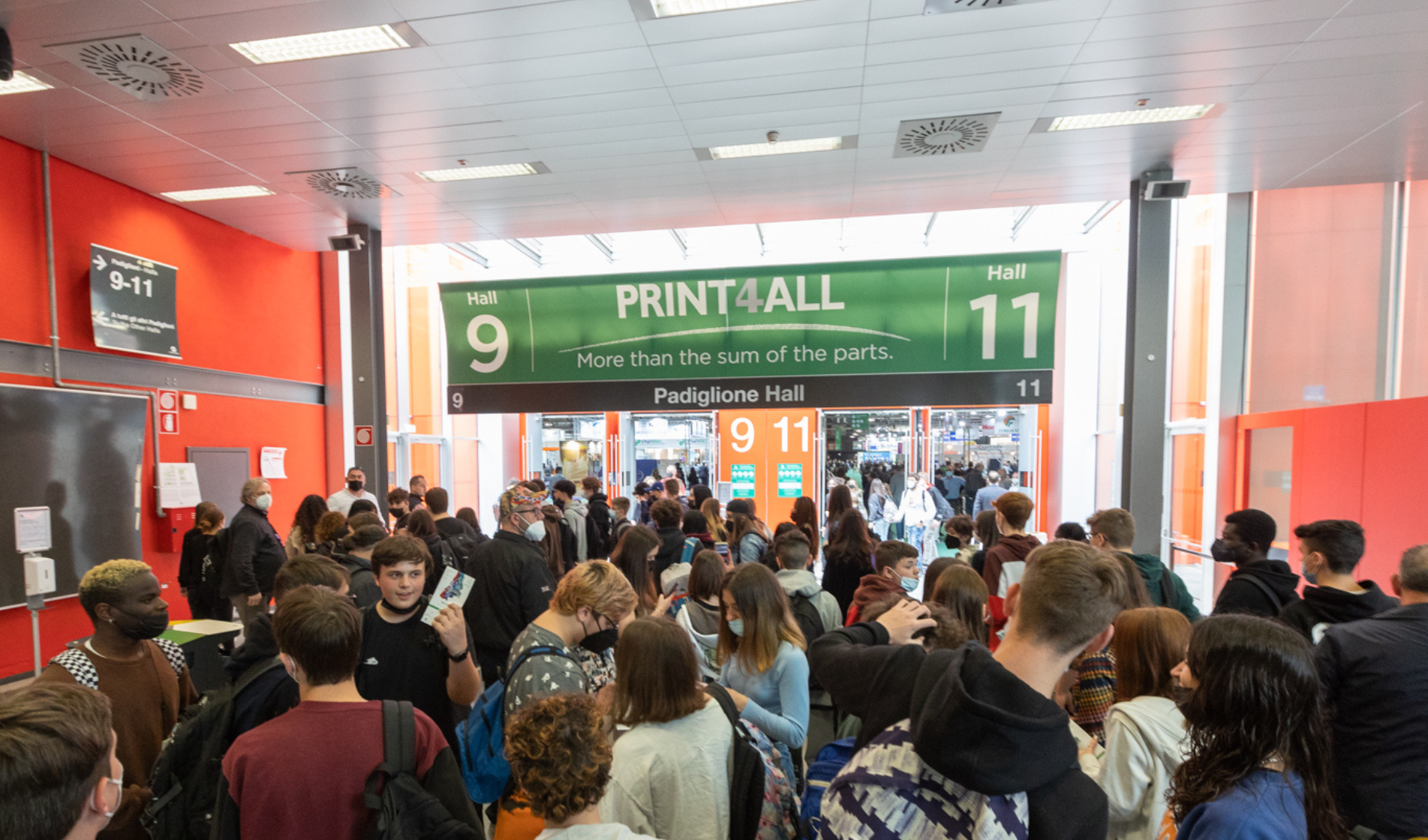"There’ll be a recovery, that's for sure. The issue isn’t if, it’s when and, most importantly, being ready to seize opportunities as they inevitably arise” - began Maffè.
“It’s not a world war - he continued - it’s a pandemic, which unfortunately Europe, we have to admit, had a delayed and poor response to unlike, for example, China, Taiwan, or Korea. With economic data at hand, we can now demonstrate that, if the pandemic is contained or managed correctly, we’ll see a kickstart. Asia isn’t just coping, it shows quite promising growth estimates. If we can take inspiration from the example they set, we’ll get out of this, and those properly using the right tools will come out sooner and better off”.
But what are these indispensable tools? Professor Maffè sums them up in three words: digitisation, structure and green.
DIGITISATION: AN ABSOLUTE MUST
"The time for alibis is over. The 'we're not ready yet' argument no longer holds water. Facing the shift to digital is no longer a choice: anyone who wants to survive needs to be equipped, and the fact that the already digitised reacted better to the pandemic’s short term effect demonstrates this.
And even more so in the world of consumer goods. Take, for example, the packaging industry, which manufacturers of printing and converting technologies work with. It’s one of those worlds that has witnessed its distribution channel change abruptly, moving from a massive presence in physical stores to e-commerce. Anyone who’s been able to invest in digital and engage customers in flexible ways allowing them to quickly change their production processes will get off to a quicker start. As I have repeatedly said at your events, digital cannot be limited to being perceived as a printing technology. It's so much more than that. It's an organisational process, a means of coordinating business, customer and supplier. Digital is what has kept so many sectors afloat over the months of the pandemic, just think about schools, or healthcare itself. And for companies nowadays, going digital is like using electricity: unavoidable. Going to a non-digitised company is like going to a store where they’re using candles instead of electricity. Would you trust it? Would you choose them as a partner or customer? I don't think so".
According to Maffè, it is no longer time to put it off. The world hasn’t ended with the pandemic and the fact that those who reacted best are already recovering is proof. Even in Asia the revenge shopping phenomenon is spreading: frustrated by months of not being able to shop, consumers are buying even more, leading to far greater growth rates than expected. A rebound of consumer goods that, once the pandemic period is over, will probably happen in our country as well and will, naturally, bring higher returns to those with efficient customers and channels.
THE VALUE OF BEING "STRUCTURED"
The second key word for recovery is "structure", whether it’s capital or corporate.
"All businesses need to learn to structure themselves more coherently” - claims Maffè - "Better structured businesses are, of course, stronger and are definitely holding up better against the impact of this challenging year. The major risk is for smaller businesses. That's why it’s crucial to focus on wide-ranging expansion plans, thinking about acquisitions or mergers as well, if they can help safeguard the business.
GREEN: IT'S TIME TO START THE SUSTAINABLE TRANSITION
The other pillar of the European recovery plan, alongside digital, is green.
And this is Maffè’s third key to recovery as well.
"For years we've been saying that environmental sustainability needs to be addressed at a structural level. The worlds of packaging and printing have been doing this for years, working on inks and materials. Now we need to ride this sustainable wave. We know for sure that consumers are willing to spend a little extra for a green product. But be careful, it shouldn’t just be green in appearance, but in its entire production process too. Choosing to go green and structure your business processes in a sustainable way will lead to solid growth. For starters, through the recovery fund, you’ll actually be financially rewarded. Plus, anyone who doesn’t choose this path will be penalised. Europe has made it its mission to become the 'world’s green factory' and in this sector, by which I mean packaging, Italy is already leading in technological terms, so it could also lead in terms of sustainability. In short, just like digital, green is no longer a choice".
IN SUMMARY
Professor Maffè's call to companies is loud and clear: act now and get properly structured.
"I repeat, there will be a recovery, that’s why I’m calling on each of you to stop feeling sorry for yourselves and stop waiting. You have to work now to be ready later. Doing what? Getting more digital, better structured, greener, faster, and we might as well get more creative too. As many packaging companies have shown, being able to quickly change your production choices - thanks to their in-house structure and digital and technological skills - can save your business. Reinventing themselves and moving quickly from generic to buffer packaging has been crucial for some companies. It shows how being able to react and having the tools to do so doesn’t just save businesses, but allows them to grow."






.jpg)
